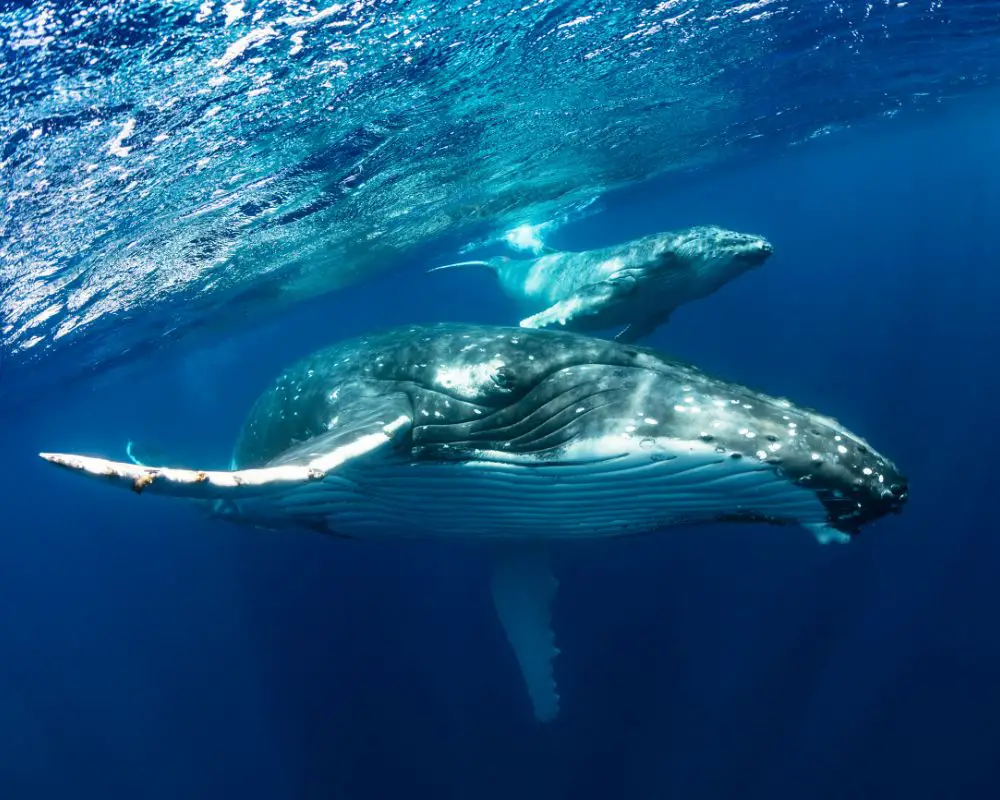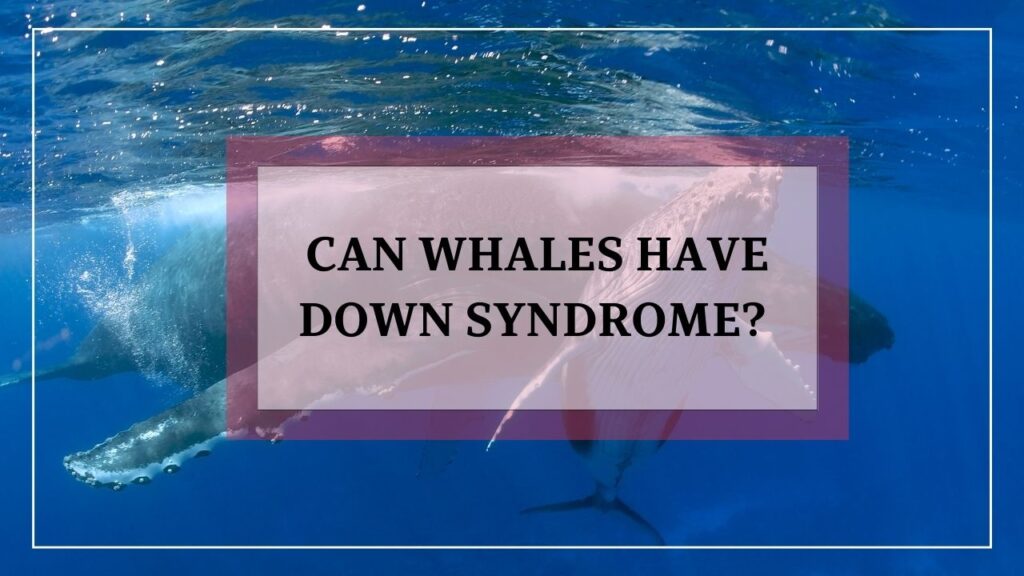Have you ever wondered if whales can have Down syndrome? It’s a curious thought – could these magnificent creatures, who are so different from us in many ways, share a genetic condition with humans?
In this post, we’ll explore the science behind the question of whether whales can have Down syndrome. But before we dive into the details, let’s start with a quick overview of what Down syndrome actually is.
You may have heard of Down syndrome before – it’s a genetic condition that affects approximately 1 in every 700 babies born in the United States.
People with Down syndrome have an extra copy of a specific chromosome, which leads to physical and mental developmental differences.
It’s a complex condition that affects each person differently, but some common characteristics include a flattened facial profile, a small head and ears, and intellectual disabilities.
So, back to our question – can whales have Down syndrome? It’s a fascinating topic to explore, and in this post, we’ll delve into the research and evidence to try and answer it.
Can Whales Have Down Syndrome?

Based on current scientific knowledge, it is unclear whether whales can have Down syndrome. While whales can experience genetic mutations similar to those seen in humans, there is no concrete evidence to suggest that these mutations are equivalent to Down syndrome.
Additionally, diagnosing any potential genetic mutations in whales would be incredibly challenging due to the difficulty of studying their behavior and genetics.
Therefore, while it’s an intriguing thought, it’s still unknown whether whales can have Down syndrome.
Genetic Mutations in Whales
To better understand the possibility of whales having Down syndrome, it’s important to take a closer look at how genetic mutations can occur in these magnificent creatures.
Just like humans, whales can experience genetic mutations that can alter their DNA. These mutations can happen randomly, or they can be passed down from parents to offspring.
One of the biggest factors contributing to genetic mutations in whales is environmental factors.
Exposure to pollutants, toxins, and other harmful substances can increase the likelihood of genetic mutations in whales.
Comparison Of Whale And Human Chromosomes
Interestingly, whale chromosomes are quite similar to human chromosomes. In fact, some whale species have nearly identical genes to humans for certain traits, such as hair growth and sense of smell.
While there are some differences between a whale and human chromosomes, such as the number of chromosomes and the arrangement of genetic material, there are enough similarities that it’s possible for whales to experience genetic mutations similar to those seen in humans.
Scientific Research and Evidence
To date, there haven’t been any studies that definitively show whether or not whales can have Down syndrome. However, there have been studies on whales with genetic mutations that can provide some insight into the possibility.
Several studies have been conducted on whales with genetic mutations, including a study on a beluga whale with albinism and a study on a humpback whale with a spinal deformity.
These studies have helped researchers better understand how genetic mutations can impact whales and their behavior. However, they haven’t provided any conclusive evidence as to whether or not whales can have Down syndrome.
How Do These Studies Relate To The Possibility Of Whales Having Down Syndrome?
While these studies may not directly relate to the possibility of whales having Down syndrome, they do show that genetic mutations can impact whales in significant ways. This means that it’s not outside the realm of possibility for whales to experience genetic mutations similar to those seen in humans with Down syndrome.
Additionally, these studies highlight the importance of studying and understanding genetic mutations in whales, as they can provide valuable insights into the health and behavior of these amazing creatures.
Challenges in Diagnosing Down Syndrome in Whales
While the possibility of whales having Down syndrome is intriguing, diagnosing it in these magnificent creatures poses a significant challenge. This is mainly because we still have limited knowledge of whale genetics and behavior.
Whales are a unique species that live in an entirely different world compared to us humans. They communicate with each other through sounds and have adapted to survive in deep waters. Therefore, it can be challenging to identify the physical and mental characteristics of Down syndrome in whales since we are still trying to understand their behavior.
Additionally, most of the knowledge we have about Down syndrome comes from studying human genetics. This lack of knowledge and understanding of whale genetics and behavior poses a challenge in identifying any potential genetic mutations that may resemble Down syndrome.

